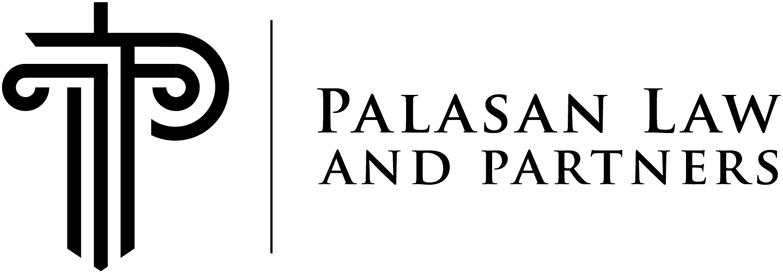A judge and a prosecutor were called out by the Supreme Court for using non-gender-fair language in the course of an annulment case.
In a Decision penned by Acting Chief Justice Marvic M.V.F. Leonen, the Supreme Court’s Second Division took exception to the language used by a Pasig City Regional Trial Court (RTC) judge and a prosecutor during court proceedings involving the petition for declaration of nullity of marriage filed by Aiko Yokogawa-Tan (Yokogawa-Tan).
In 2016, Yokogawa-Tan filed before the RTC a petition for declaration of nullity of her marriage with Jonnell Tan (Tan), on the ground of psychological incapacity.
The RTC dismissed her petition for insufficiency of evidence. The CA affirmed the RTC, prompting Yokogawa-Tan to seek recourse to the Court.
While the Court reversed and set aside the lower courts’ rulings and declared Yokogawa-Tan’s marriage null and void after finding clear and convincing evidence that Tan was psychologically incapacitated to fulfill his essential marital obligations, the Court also took the opportunity to remind the judge and the prosecutor to be circumspect in their language.
The Court observed that non-gender-fair language was used by both the judge and the prosecutor in the case.
In the RTC’s Decision, included was a statement made by Yokogawa-Tan on the witness stand:
“Sir, nauna po yung marriage kasi before I found out that he has a child with the other, because I know that he has a girlfriend, I didn’t realize na may baby talaga sila.”
The Decision goes on to say:
“Believing that the respondent had not been faithful to her, despite knowing fully well that the latter had another girlfriend other than her prior to their marriage, here comes the petitioner, praying to this Court that her marriage to the respondent be declared null and void on the ground of psychological incapacity of the respondent under Article 36 of the New Family Code.”
The Court found that this implied that Yokogawa-Tan was at fault and should not be afforded relief for marrying Tan knowing the latter had an affair.
The Court noted that the Decision further painted Tan’s infidelity as a contest between the two women:
“Both women being pregnant, it became a ‘contest’ as to who should win the ‘guy.’ The petitioner appears to have won, when she got the blessings [sic] of the respondent’s parents to marry her.”
The following questions were also asked by the judge and the prosecutor:
“So you’re the winner?”
“So parang pinikot mo lang ba siya, ganun ba ang ibig sabihin?”
The Court concluded that “together, the foregoing reinforces the trope that women are out to entrap men into marriage. The disparaging language shifts the blame on the woman for marrying the unfaithful man after getting pregnant as if society did not stigmatize single mothers.”
The bench and the bar were thus reminded to abide by the Guidelines on the Use of Gender-Fair Language in the Judiciary and Gender-Fair Courtroom Etiquette (Guidelines).
Approved by the Supreme Court En Banc in 2022, the Guidelines was a result of the Court’s efforts, led by its Committee on Gender Responsiveness in the Judiciary or the CGRJ, to combat sexist language in the Judiciary.
The Guidelines describes sexist language as one which “devalues members of one sex, almost invariably women, and thus fosters gender inequality,” emphasizing that “it has been pointed out that ‘[t]he use of gendered generics can communicate subtle sexism, distract, and create ambiguity.’”
The Court further clarified in the Guidelines that “courts are courts of evidence, and its power to take judicial notice of matters is limited. Therefore, courts cannot and should not perpetuate gender stereotypes, which rest on unfounded generalizations regarding the characteristics and roles of binary and non-binary genders, but indisputably influence the perspectives of the judges and litigants alike. This is evident with respect to matters at issue before the courts, as well as in the language the courts employ in adjudication.”
The use of non-sexist language in official documents, communications, and issuances is thus encouraged under the Guidelines. Cited as examples are the use of “person” instead of “man” or “humanity” instead of “mankind.” Also discouraged is the use of masculine terms for professions or occupations: “chairperson” instead of “chairman” or “business owners” instead of “businessmen.” (Courtesy of the Supreme Court Public Information Office)
FULL TEXT of G.R. No. 254646, Yokogawa-Tan v. Tan (October 23, 2023) at: https://sc.judiciary.gov.ph/254646-aiko-yokogawa-tan-vs-jonnell-tan-and-the-republic-of-the-philippines/

